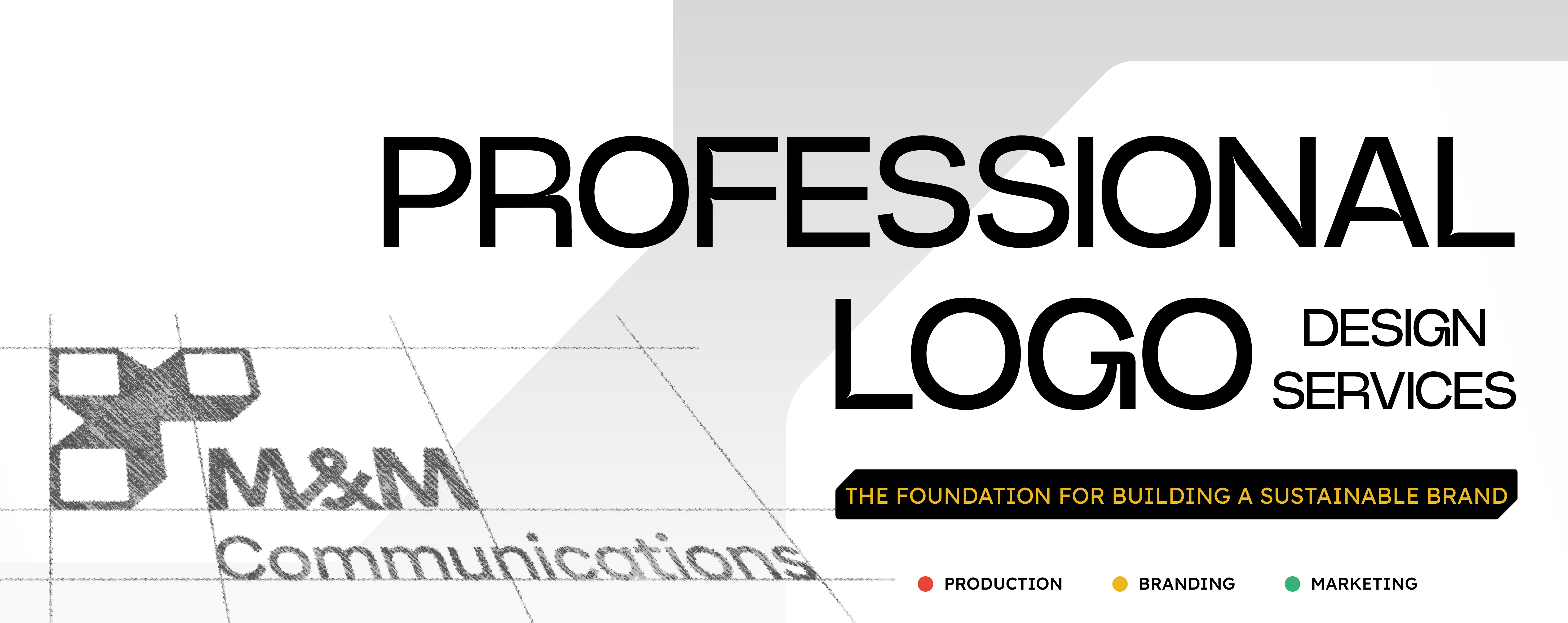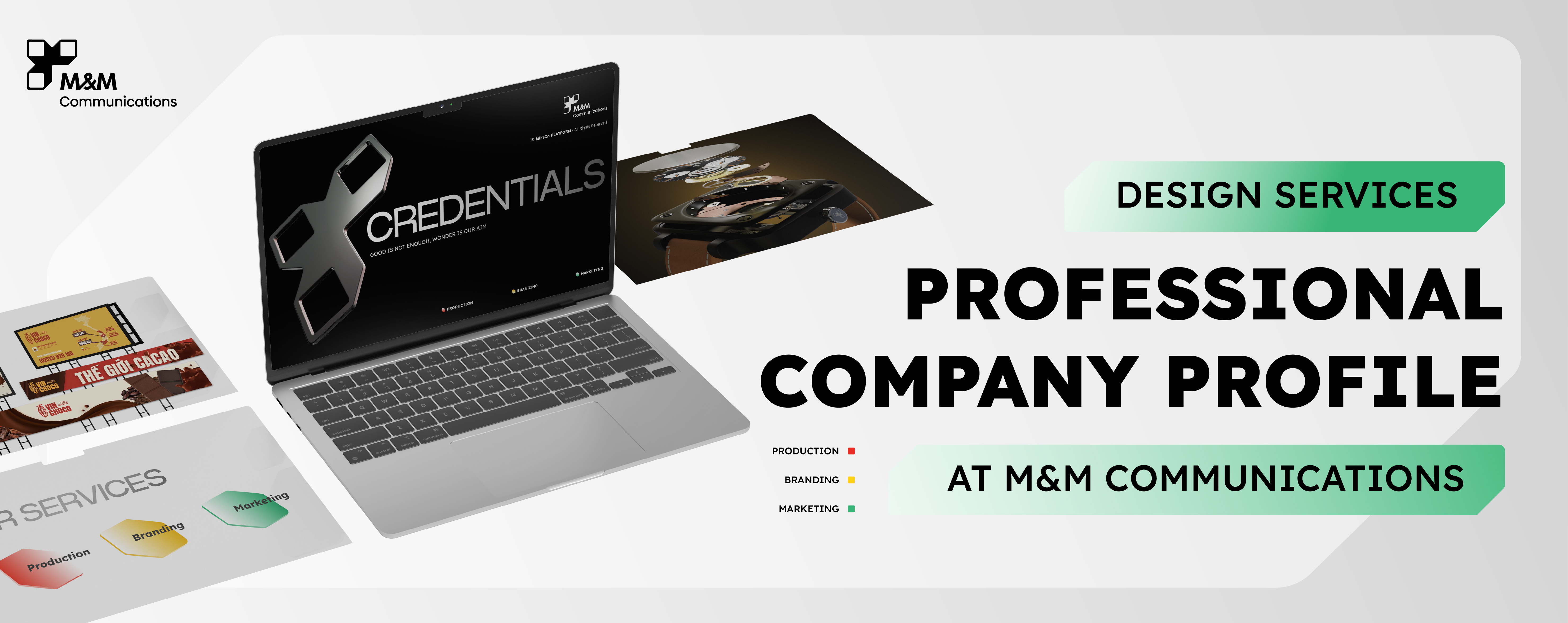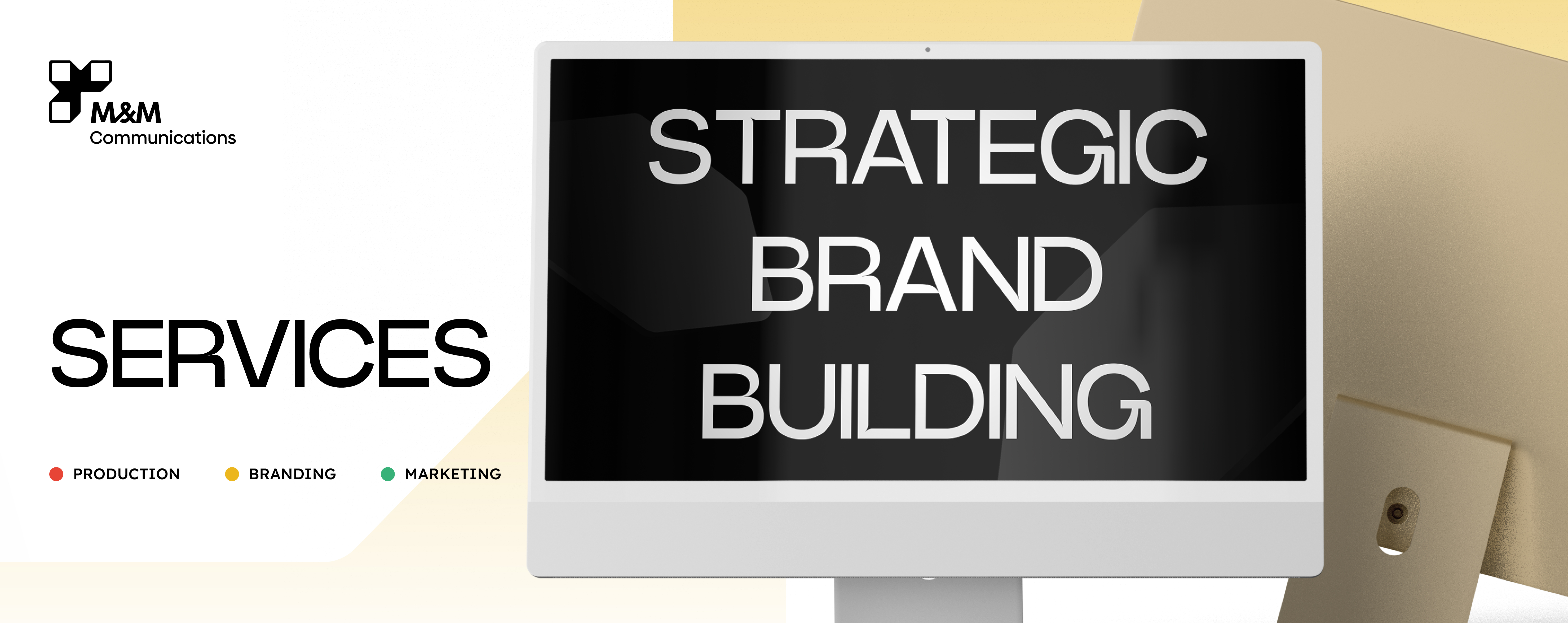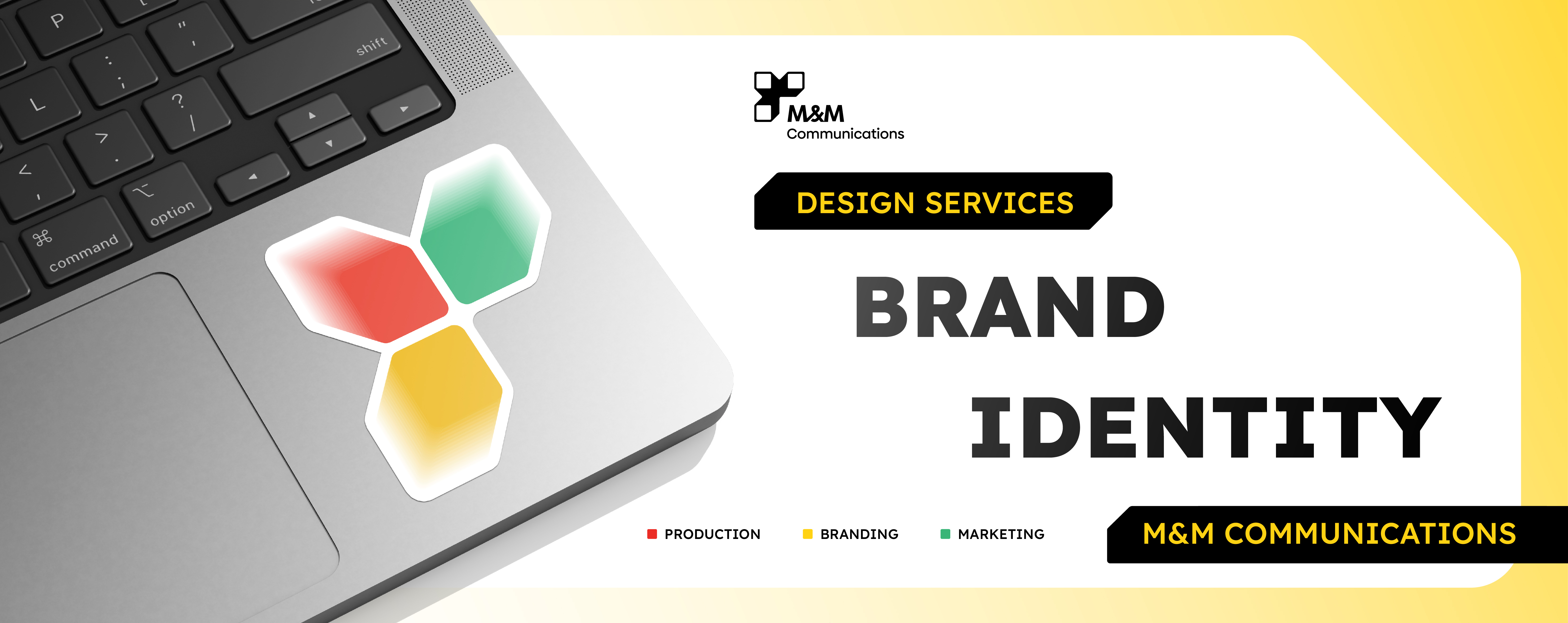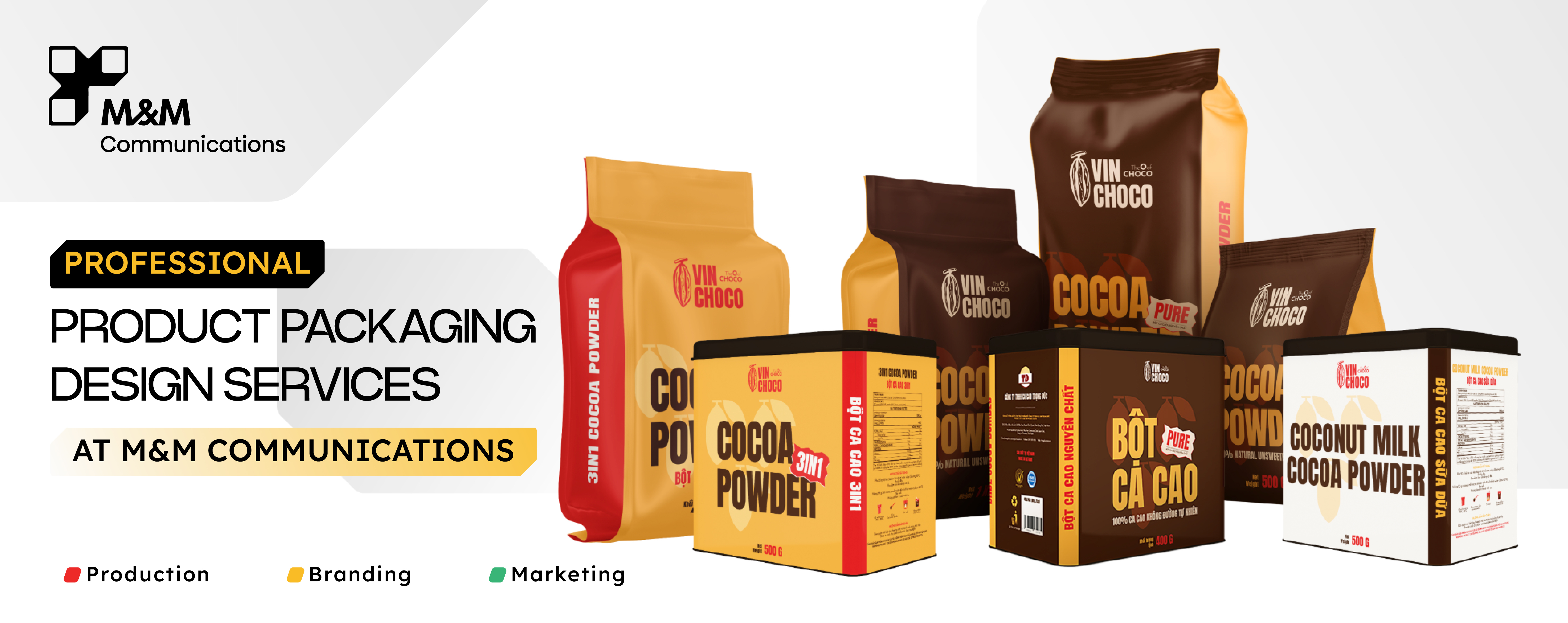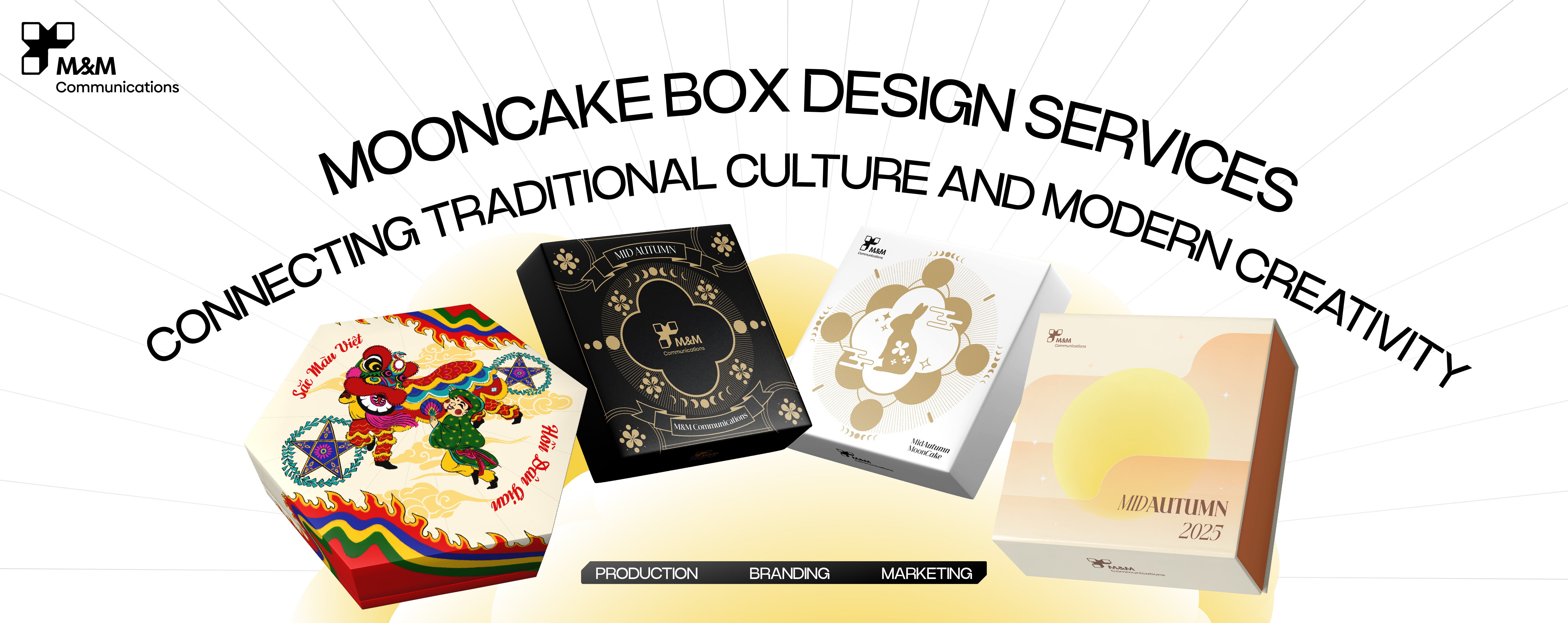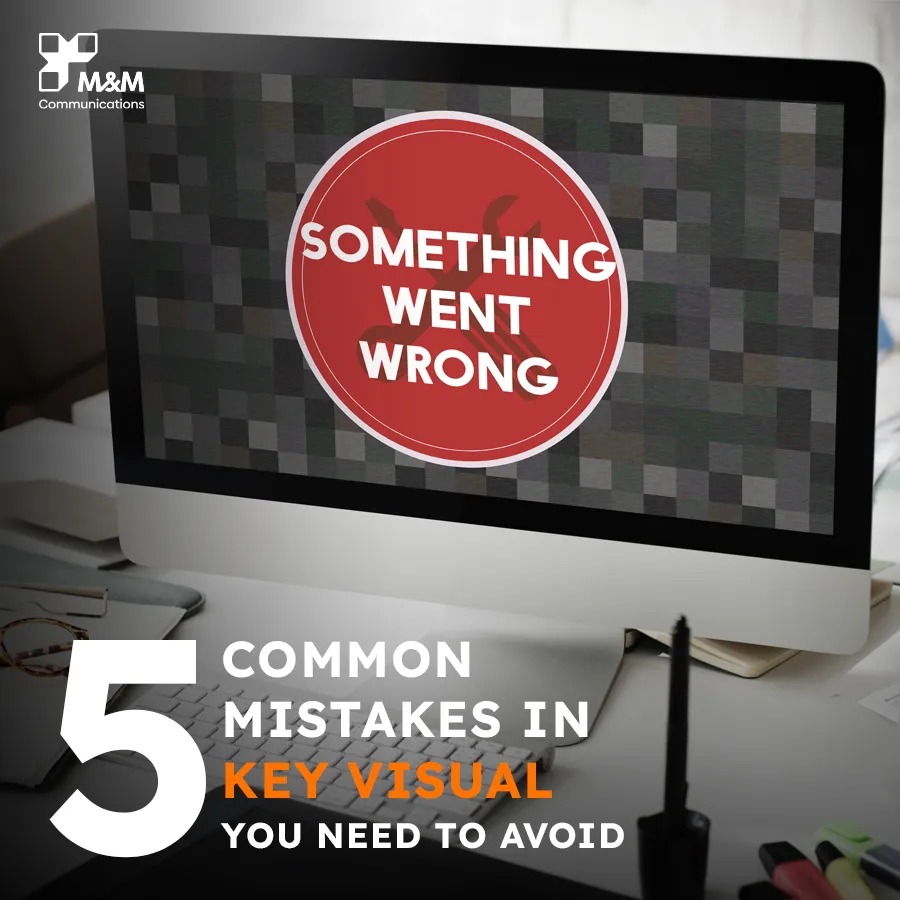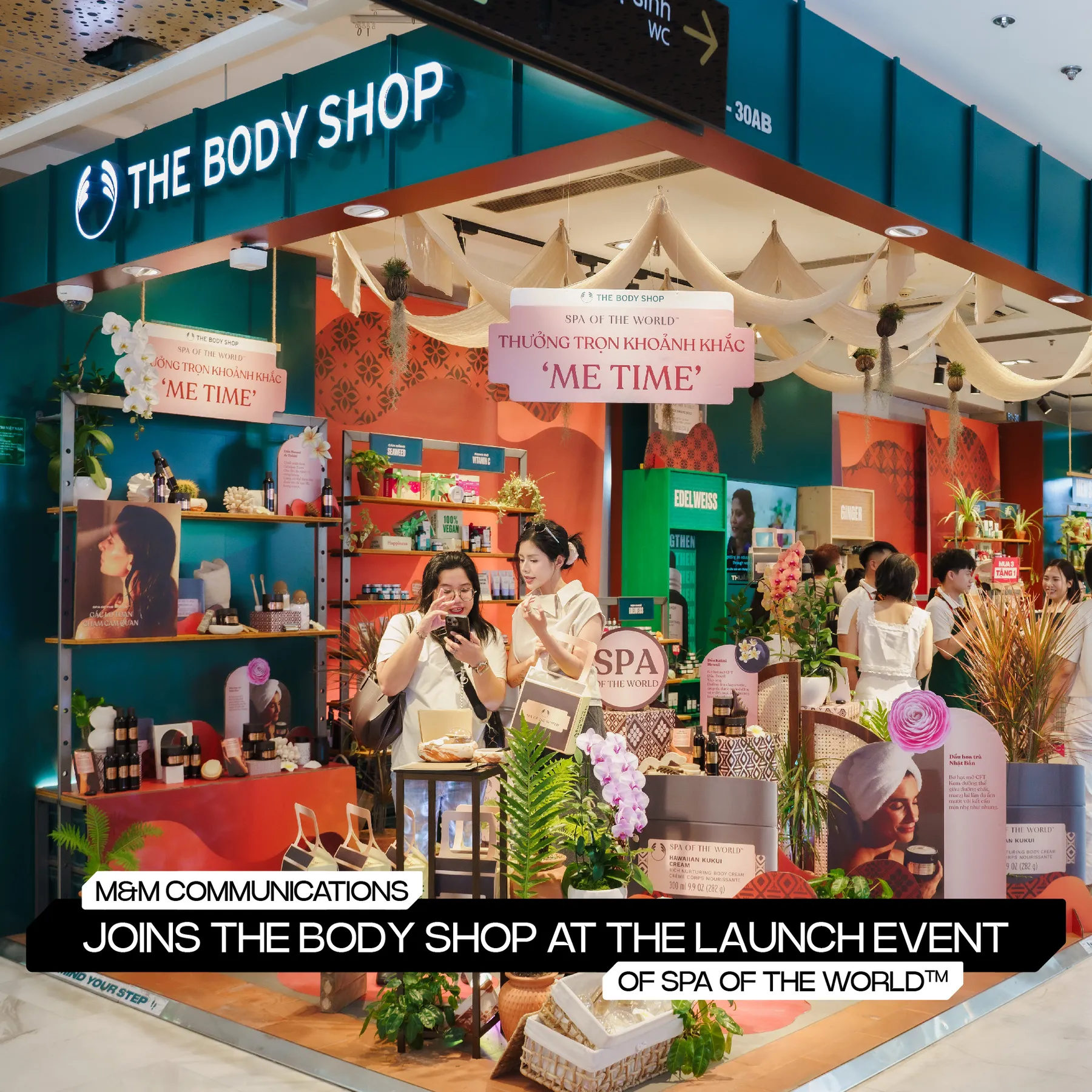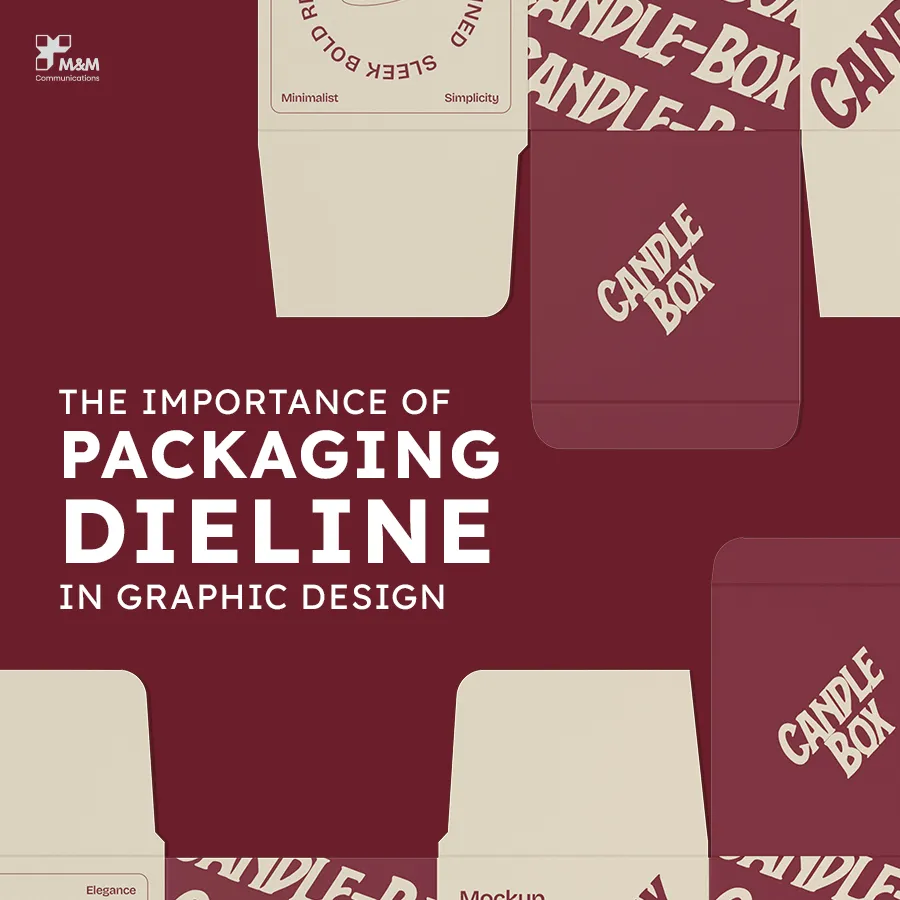
In the world of product graphic design—where every millimeter can impact visual appeal and user experience—a dieline is a fundamental element that determines whether a packaging design will succeed once it hits the production line.
Whether you're building a brand or working in marketing, or manufacturing, understanding why a well-crafted dieline can save costs, elevate brand image, and optimize the entire production process is essential.
1. What is a Packaging Dieline?
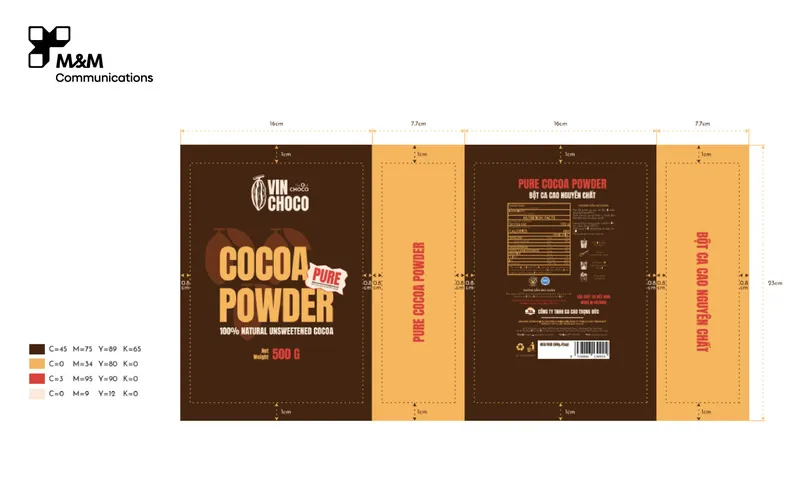
A dieline is a 2D technical layout that defines the shape, size, structure, and folding lines of a packaging product when printed and assembled.
In simple terms, a dieline is like the “blueprint” of any package—be it a box, label, bag, or sleeve—and it includes:
Cut lines
Fold lines
Glue flaps and locking tabs
Artwork placement guides (logo, text, imagery)
Safe zones and bleed areas
A dieline acts as a bridge between creativity and practicality, ensuring your beautiful design translates perfectly into a functional, real-world product.
2. Why Is a Dieline So Important in Packaging Design?
Prevents costly printing errors
No brand wants to waste resources printing hundreds of boxes only to find the logo is cut off or the text overlaps a fold. A dieline ensures precision in layout, alignment, and design placement before printing.
Speeds up the production process
A print house cannot produce a physical package without a proper dieline. A correct dieline allows them to:
Cut to exact dimensions
Fold accurately
Assemble the product efficiently
This saves time, minimizes miscommunication, and reduces production costs.
Reflects brand professionalism
Even the most visually appealing design can be undermined by technical issues like crooked folds, misplaced images, or difficult-to-open boxes. A professional dieline ensures every packaging detail speaks to the quality of your brand.
3. Dieline Development Process at M&M Communications
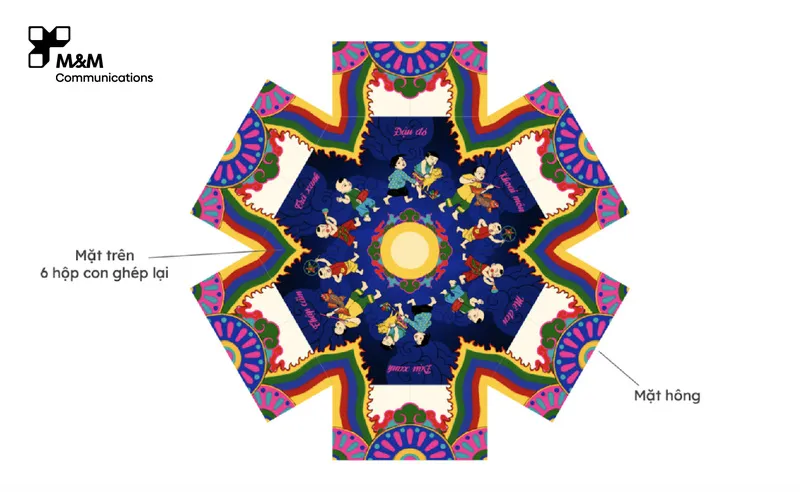
At M&M Communications, we follow an international-standard workflow to create effective, print-ready dielines for all packaging projects.
Step 1: Product & packaging requirement analysis
We begin by understanding:
Actual product dimensions
Weight and material considerations
Intended use: retail display, shipping, gifting, etc.
Step 2: Suggesting a suitable box or packaging structure
Based on your needs, we propose the most efficient and stylish options:
Foldable boxes, drawer-style boxes, magnetic flap boxes, paper bags, sleeves, etc.
Packaging that balances aesthetics with cost-efficiency
Step 3: Building the dieline layout
We provide a detailed dieline file, including:
Exact measurements (to the millimeter)
Cut lines, fold lines, glue areas, bleed, and safety zones
Vectorized final files (AI, PDF) that are print-ready
Step 4: Graphic design on dieline
Our designers work directly on the dieline template, ensuring:
The logo doesn’t land on a fold
Images are centered and aligned
Key information is readable and well-positioned
Step 5: Mockup review and final output
Before sending files to print, we create:
Digital or paper mockups
3D render previews for final review
Adjustment and optimization if needed
4. Common Risks of Not Using or Misusing a Dieline
Skipping the dieline or using incorrect ones may lead to:
Misprinted or misaligned packaging
Logos or content cut off at folds
Packaging that can’t be assembled properly
Blurry images due to a lack of bleed margins
Production delays from file corrections
5. Dielines Aren’t Just for Boxes – They're for All Packaging Types

Beyond boxes, dielines are essential for:
Bottle and jar labels
Plastic sleeves
Zipper or printed poly bags
Product backing cards or inserts
Envelopes, folding brochures, gift cards
Any printed product requiring precise cutting or folding needs a dieline.
6. Why Choose M&M Communications for Dieline & Packaging Design
End-to-end design services – from concept to execution
Designers with production and print expertise
Creative ideas aligned with real-world production feasibility
Material, finish, and box style consultation
Final files delivered in professional formats (AI, PDF, print specs)
Conclusion: Great Packaging Begins with a Great Dieline
Though often overlooked, a dieline is the backbone of functional, beautiful packaging. It enables your design to come to life exactly as intended—without errors, delays, or additional cost.
At M&M Communications, we don’t just create stunning visuals—we build from solid foundations, helping brands bring their packaging ideas to life with precision and professionalism.
>>> Unique Mooncake Box Design – Creating A Signature For Your Brand
